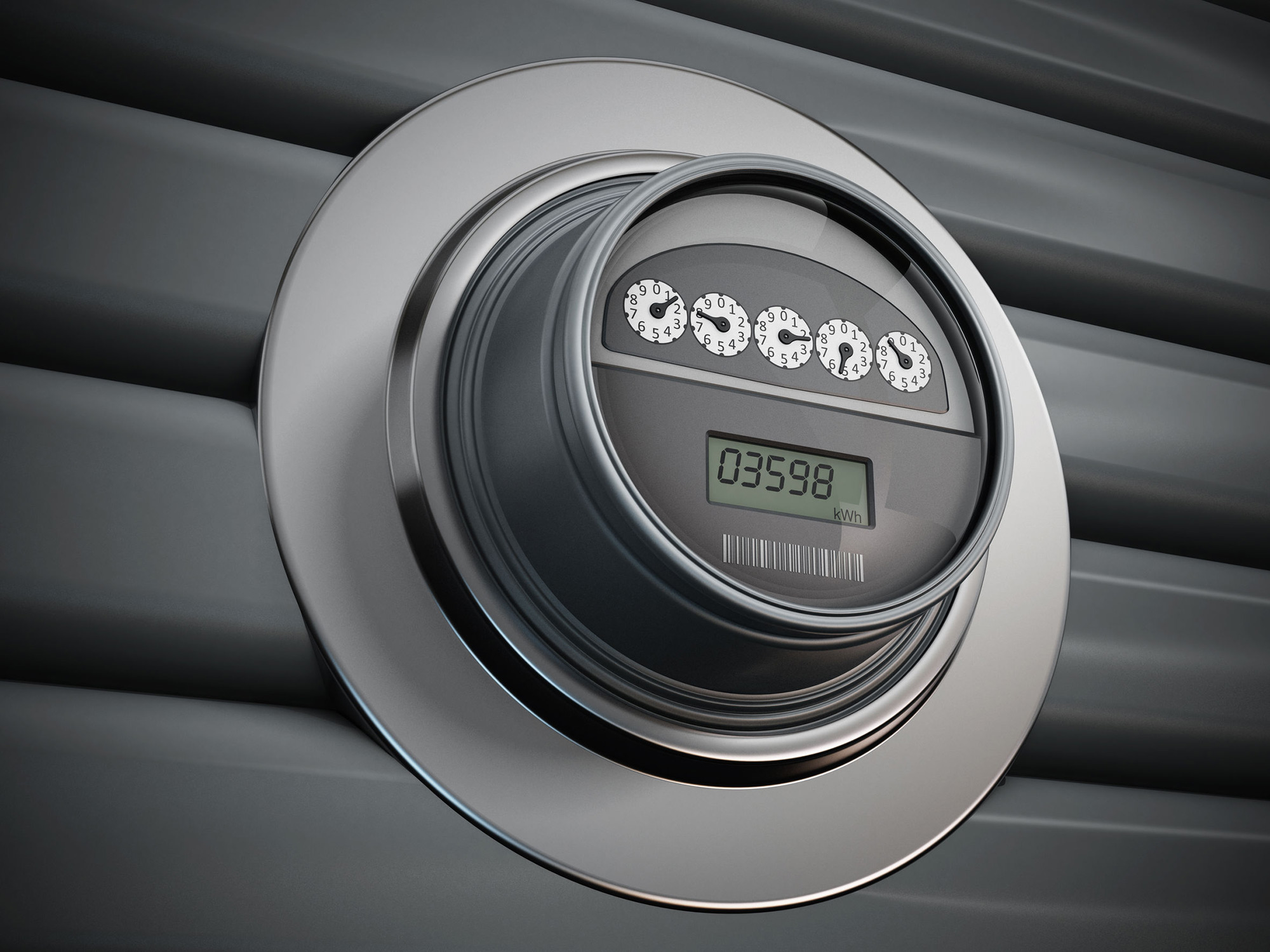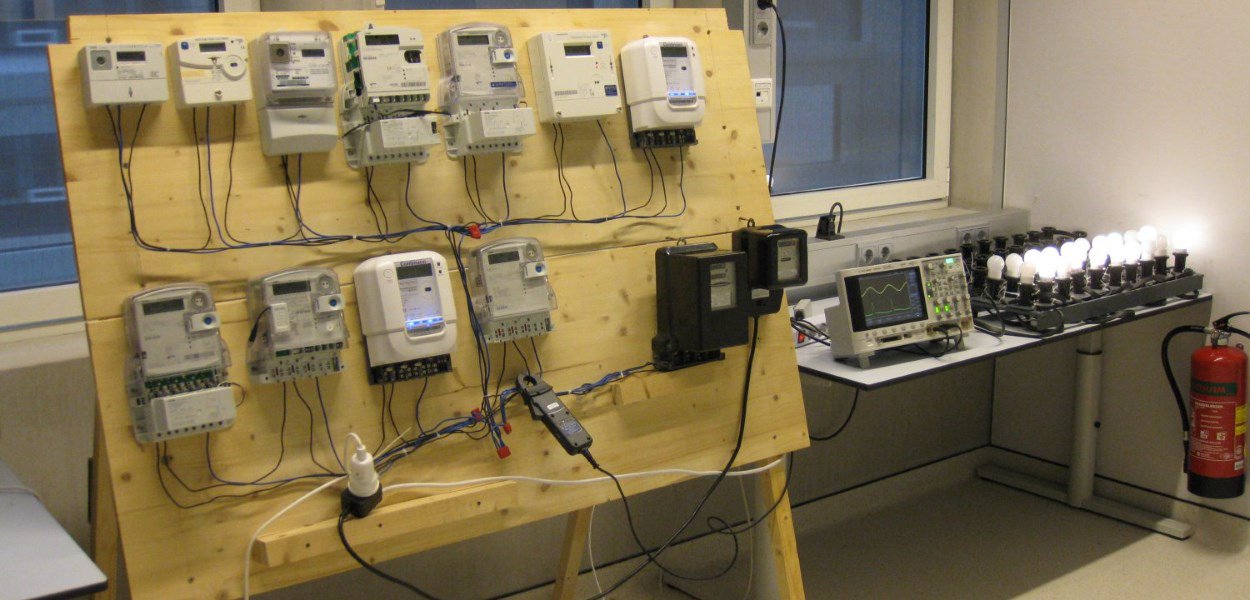Netherlands scientists: smart meters can overestimate performance by six times

Smart electronics is becoming more common. Sensors, sensors of different types are installed in homes, offices and enterprises. Smarter, taking into account the consumption of electricity. It would seem that since the monitoring of the consumption of electricity is conducted by a modern device, it means that its indicators should be much more accurate than those performed by electric meters of old images. In fact, no: scientists from the Netherlands have proven that some of the models of this type of system may overestimate performance by 582%. As a result, a person who is not aware of the fact that the meter can “lie”, having received an inflated electricity bill, will silently pay, puzzling over where a whole breakthrough of energy could go.
The work was carried out by the University of Applied Sciences of Amsterdam and the University of Twente. In their study, experts observed the work of several models of electricity meters, both smart and very ordinary. Using a standard test bench, scientists connected meters to various electricity-consuming devices that can be found in any home or apartment: household appliances, incandescent lamps, LED lights, and heaters. The indicators were compared with a control device, whose work was obviously correct.
The experiment lasted six months. Individual check counters took from a week to several weeks. The researchers initially decided to emulate the energy consumption of an ordinary household, so that the meters did not expose to any extreme factors, including the temperature or the amount of energy consumed by the connected home appliance. Since the project was carried out in the Netherlands, scientists in the course of studying the work of the meters used the most popular models of this device in this country. The systems released from 2004 to 2014 were analyzed mainly.
')
The result was unusual: different models showed an error in measurements ranging from -32% to + 528% (for different models this is -31%, -32%, + 475%, + 566%, + 569%, + 581%, + 582%). That is, an error in favor of the energy company could be not one, but hundreds of percent.
Scientists took up the analysis of the work of meters not for the sake of pleasure: they decided to carry out a study after learning about numerous complaints in local forums about large electricity bills. Experts began to verify these complaints, having experienced nine models of the most common devices in the Netherlands. Five of them showed a significant overestimation of indicators when measuring the energy consumed, and two - underestimated the real indicators.
Upon completion of the measurements, the tested devices were disassembled in order to understand the reason for the high errors in the measurement results. As it turned out, the meters, which overstated the indicators of energy consumed, were created on the basis of the “ Rogowski belt ”. So called measuring current transformer, made in the form of a long closed solenoid with an arbitrary and almost closed form and uniform winding, one of the conclusions of which is brought to the other through the axis of the solenoid. Devices that underestimate performance, are made on the basis of the Hall effect (the phenomenon of the occurrence of transverse potential difference (also called Hall voltage) when placing a conductor with a constant current in a magnetic field).
Netherlands scientists believe that the problem may be the design of some smart electricity meters, and home appliances with energy-saving features. This kind of equipment, the researchers say, generates noise in the electrical network, which prevents the meters from measuring energy consumption normally. Unfortunately, specialists did not disclose the models of the tested systems.
The problem with incorrectly working meters can be very relevant for EU countries. The fact is that in most European countries electromechanical meters have been replaced by smart ones. In the Netherlands, there are hundreds of thousands of such devices. According to researchers, at the moment there are 750,000 malfunctioning electricity meters in this small country. There may be many more in the world - many millions.
In the United States, the problem with smart meters is also known; here, electricity consumers regularly hold rallies on the need to ban such devices. In 2011, a family filed a lawsuit in the United States, which drew attention to the large electricity bills that had come to them for several months. As it turned out, these accounts are overstated by at least $ 500 per month. The judge accepted the lawsuit and admitted the plaintiffs were right, deciding to pay them $ 1,400. The problem was just in the smart counter. But apart from the payment, nothing more was done - smart meters, as they worked in houses, apartments and offices, continue to work.

Test stand of specialists from the Netherlands
The problem, according to some users of smart meters, is also the openness of these devices to the outside world. For example, the company that installed them may, without the user's knowledge, reconfigure the system. As a result, the meter will monitor and analyze the energy consumed by a different scheme. This can lead to a significant increase in electricity bill.
In different countries, activists are now fighting for the abolition of the installation of smart meters and the replacement of those already installed with conventional disk devices. Such gadgets will not be able to remotely hack intruders, will not suddenly change the testimony and power company, whose management decided to make more money in some month or year. So far, companies that supply electricity to households and businesses are resisting, but it may well be that outraged users will achieve their goal and return to themselves the usual meters without unnecessary functions.
Source: https://habr.com/ru/post/402277/
All Articles